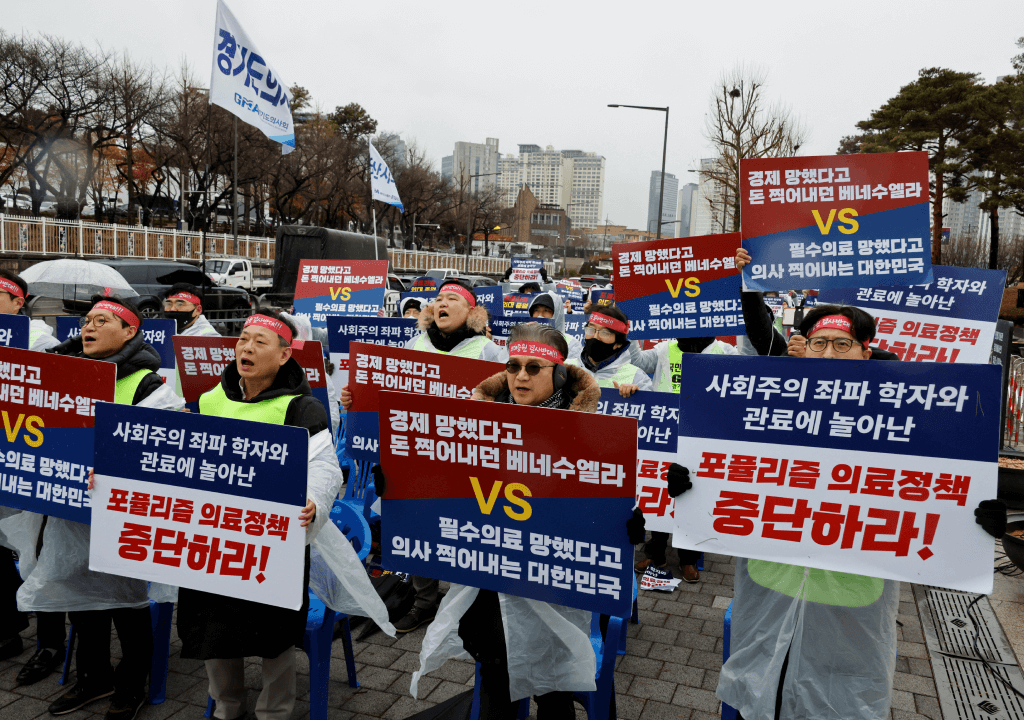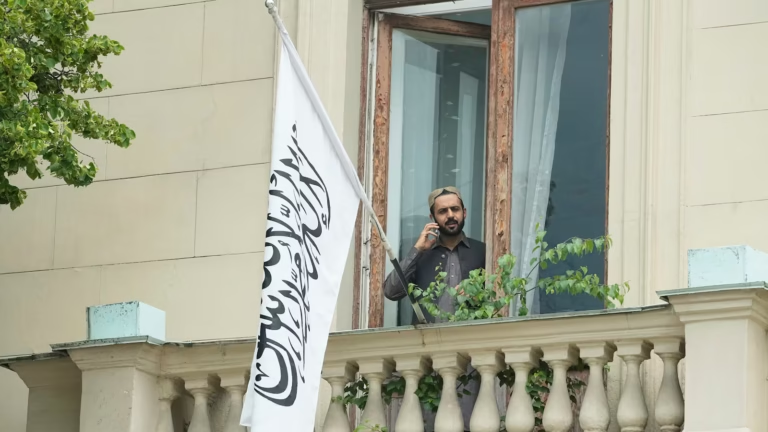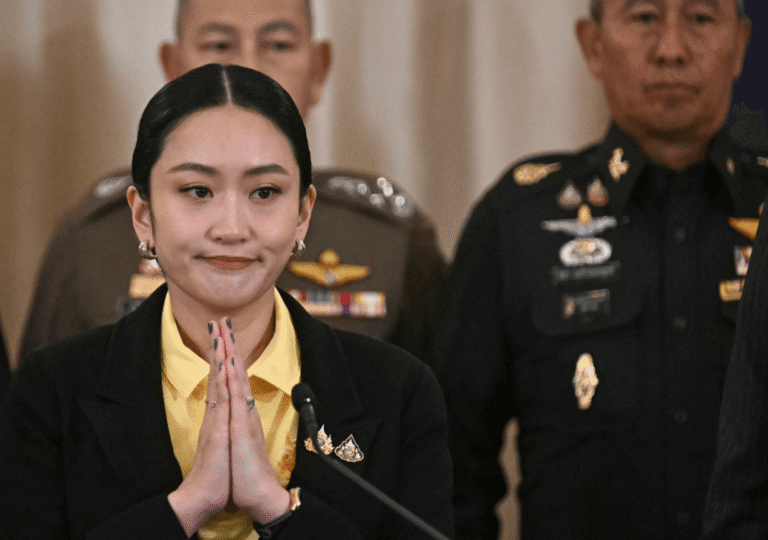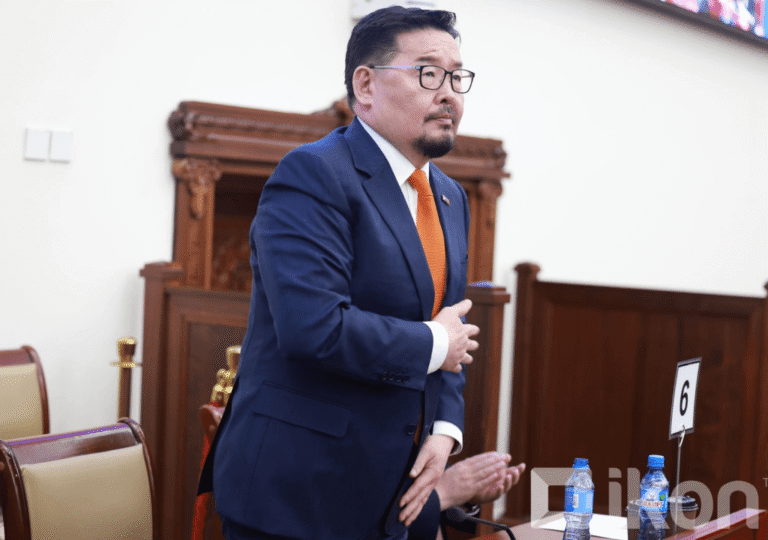Yoon’s presidency since 2022 has been fraught with challenges. From grappling with a stagnant economy to weathering a corruption scandal involving his spouse, he has faced considerable adversity. With his first significant electoral trial looming, the potential for backlash seemed imminent. However, recent events have unexpectedly played in his favor. The doctors’ strike, which initially posed a severe threat to the nation’s healthcare system, has surprisingly become a boon for his administration. Amidst criticisms, some experts suggest that Yoon has adeptly capitalized on the turmoil within the medical sector, turning what could have been a major obstacle into a strategic opportunity.
Last month, tensions escalated within President Yoon Suk Yeol’s administration as plans were unveiled to augment the capacity of medical schools by 2,000 spots, constituting a significant 67% surge. Yoon contends that this expansion is imperative to address long standing issues like the dearth of healthcare professionals in rural regions and specialized fields like pediatrics. However, the announcement has triggered a vehement backlash from the medical community. Thousands of trainee physicians have tendered their resignations, while senior doctors have organized large-scale protests. Consequently, hospitals have grappled with disruptions, leading to prolonged wait times for patients and delays in critical treatments, including surgical procedures.
The issue poses a significant challenge for any government, yet the public has expressed satisfaction with the government’s attention to the nation’s most pressing concern: the shortage of medical professionals amid an aging population. Particularly in rural areas, there remains a shortage of doctors relative to the population, exacerbated by limited output from medical schools unable to meet demand. Adding to this, there’s a growing trend of doctors shifting from general medicine and essential fields to more lucrative sectors like cosmetics.
The escalating conflict initially emerged as a protest against government proposals to significantly increase the number of trainee doctors, aiming to alleviate shortages in rural regions and accommodate the heightened demand due to South Korea’s rapidly aging demographic. However, the 11,994 striking doctors, comprising 93% of the trainee workforce, argue that recruiting an additional 2,000 students annually from 2025 could compromise the quality of healthcare services. Instead, they advocate for improvements in compensation and working conditions, with junior doctors particularly vocal about inadequate wages and increased workloads.
While doctors voice concerns over their livelihoods and patient care, the government’s proactive measures are seen positively by the public. Consequently, the protesting doctors are viewed as self-serving antagonists by many citizens.
The strike, involving nearly 12,000 doctors across 100 teaching hospitals, has resulted in canceled surgeries, extended waiting periods, and treatment delays, including for patients in need of emergency care, as reported by various media outlets. This week, the health ministry announced plans to deploy 20 military surgeons and 138 public health doctors to augment staffing levels at selected hospitals. However, officials deny assertions that the nation’s healthcare services have descended into chaos, though the strike has indeed severely impacted the medical system.
President Yoon maintains that his initiative to train more doctors is devoid of political motives. Nonetheless, critics and analysts argue that the timing of this measure, preceding the April parliamentary elections, suggests otherwise.
Opponents assert that the government’s plan to increase doctor training is primarily geared toward electoral gains rather than providing a comprehensive solution to systemic medical issues. They highlight concerns such as doctors opting for more lucrative specialties like cosmetic surgery over critical areas like pediatrics or obstetrics due to high stress and low remuneration. Merely augmenting the number of doctors, they argue, will not resolve shortages. Instead, figures like Chung advocate for bolstering financial incentives for doctors in underserved fields, thereby making such areas of medicine more appealing.
In reality, Yoon has strategically leveraged the doctors’ strike to portray himself as a resolute leader—a trait highly valued in many Asian countries. Some argue that the ongoing dispute with the doctors has bolstered Yoon’s political standing. With the legislative elections looming just a month away, Yoon seems confident that the public will not hold him responsible for the repercussions of the trainee doctors’ strike.
Despite not enjoying widespread popularity, Yoon’s stance has garnered significant public support, with a majority favoring his plan and holding negative views toward the striking trainee doctors. Even Yoon’s rivals in the Democratic Party have criticized the doctors for neglecting their duty to uphold public health and have urged them to return to work. According to data from the pollster RealMeter, Yoon’s approval rating saw a modest increase from 39.5% to 41.9% in the week following the commencement of the trainee doctors’ strike—a noteworthy shift for Yoon, whose tenure has lacked notable achievements or widespread public backing.
The extent to which Yoon will benefit from the standoff with the doctors in the upcoming election remains uncertain, but indications suggest that his party holds an advantage. The RealMeter poll indicates that Yoon’s People Power Party enjoys 46.7% support, surpassing the 39.1% for the Democratic Party, which is currently grappling with internal discord and prominent defections.
Yoon and the doctors find themselves embroiled in an intensifying standoff, with the government now issuing warnings of legal repercussions against trainee doctors who have refused to resume their duties. On Wednesday, police summoned a spokesperson of the Korea Medical Association for questioning regarding their involvement in the trainee doctors’ strike. Concerns have mounted within South Korea’s government regarding the impact of the month-long dispute on essential healthcare services.
In response, the health ministry has initiated measures to potentially revoke the medical licenses of thousands of striking doctors. The ministry disclosed that it has commenced procedures that could result in the suspension of licenses for 4,900 striking doctors if they persist in defying orders to return to work. Additionally, the ministry has issued administrative notifications, enforcing earlier warnings that strikers could face a three-month suspension—a penalty that could impede their path to specialization by at least a year.
Critics of the recruitment plan have accused President Yoon Suk Yeol of exploiting medical reforms to bolster the electoral prospects of his People Power party in the upcoming national assembly elections. However, public sentiment seems to contradict these criticisms. A recent poll conducted by the Yonhap news agency revealed that 84% of respondents support the notion of hiring more doctors, with 43% advocating for severe penalties for striking physicians—a trend favoring Yoon’s agenda.
Yet, the ongoing turmoil within the medical sector is poised to adversely affect both the populace and the government. As highlighted in an editorial in the Kyunghyang Shinmun newspaper, “Doctors and the government are not adversaries in a boxing ring. People’s patience is wearing thin… a resolution to this impasse must be sought through meaningful dialogue.” While this situation may result in political gains for the president, it also symbolizes a failure of a modern state that should prioritize the attainment of effective healthcare solutions for its citizens.








